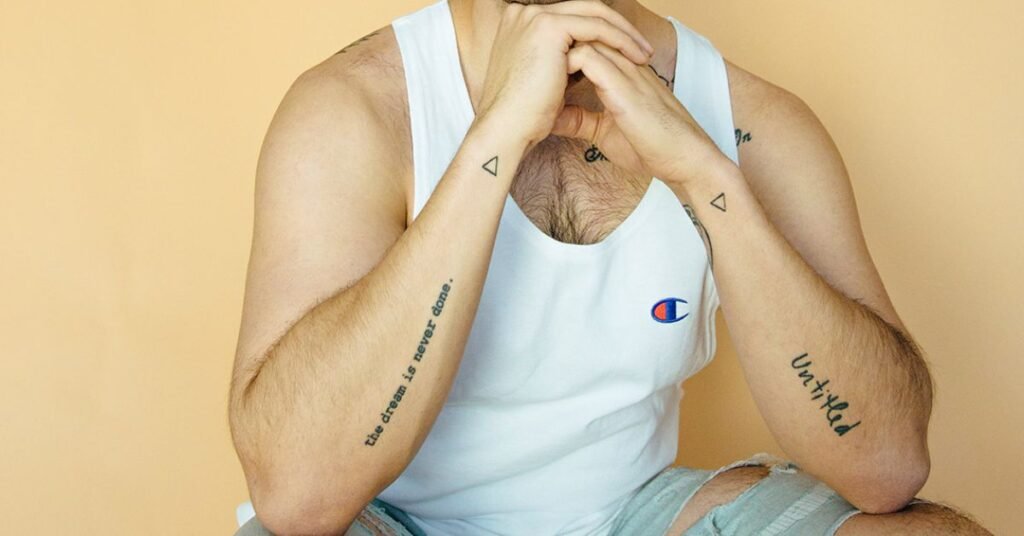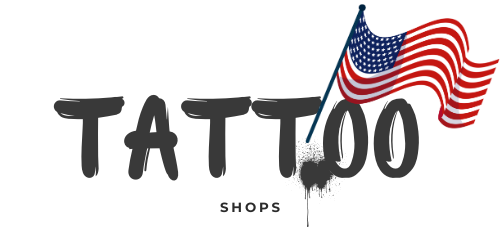

Introduction
Tattooing can be a significant investment, and understanding how much tattooing costs requires consideration of various factors. Tattoo prices are not standardized; they fluctuate based on several key elements:
- Size and Complexity: Larger and more detailed tattoos command higher prices.
- Artist Experience: Rates vary widely between beginner artists and seasoned professionals.
- Geographic Location: Urban settings may have higher pricing than rural areas.
- Body Placement: Certain areas of the body can influence cost due to sensitivity or difficulty.
Before committing to a tattoo, it’s crucial to research these factors. A well-informed decision can enhance your tattoo experience while aligning with your budget. This article will delve deeper into each aspect, providing a clearer picture of what to expect when considering body art.
Understanding Tattoo Pricing
Tattoo pricing varies significantly based on multiple factors, with size and complexity being primary determinants. Understanding these aspects can help you gauge the average tattoo cost for your desired design.
Size and Complexity
Tattoo costs generally fall into three categories: small, medium, and large. Each category has its own pricing structure that reflects the intricacy and time required for the artwork.
Small Tattoos
- Typically range from $50 to $250.
- Examples include simple symbols, small words, or minimalist designs.
- Common placements are wrists, ankles, or behind the ear.
Medium Tattoos
- Generally priced between $150 and $450.
- These can involve more detailed images or multiple elements.
- Popular choices include floral designs, animals, or small portraits placed on the forearm or shoulder.
Large Tattoos
- Prices start around $500, often exceeding $5,000 depending on detail and artist experience.
- Full sleeves, back pieces, or intricate designs fall into this category.
- The larger the tattoo, the more sessions may be required to complete it.
Breakdown of Costs Based on Size
Understanding the average prices for different tattoo sizes helps in budgeting effectively:
Small Tattoo Price Examples
- A tiny heart might cost around $80.
- A simple word could be approximately $100.
Medium Tattoo Price Examples
- A medium floral piece could set you back about 300.
- A detailed animal portrait might range near 400.
Large Tattoo Price Examples
- A full sleeve often starts around 1,500, potentially going up to 6,000 based on complexity.
- Large back pieces can range from 2,000 to 5,000, particularly if custom-designed.
When considering a tattoo, it’s essential to evaluate not just size but also complexity. Custom designs usually carry a premium due to the time and effort involved. By understanding these factors affecting tattoo price, you can make an informed decision that aligns with your budget and artistic vision.
Hourly Rates of Tattoo Artists
Tattoo pricing often depends on hourly rates, which can vary significantly based on the artist’s experience and skill level. Understanding these rates is crucial when budgeting for your next tattoo.
Here’s a breakdown of hourly rates based on the artist’s experience:
- Beginner Artists: Typically charge between $80 to $120 per hour. These artists may still be honing their craft but can offer unique designs at a lower price point.
- Established Artists: Charge about $120 to $180 per hour. With more experience comes refined techniques, leading to higher quality work.
- Experienced Artists: Prices escalate to $150 to $250 per hour, with renowned artists commanding rates exceeding $200 to $500 per hour. Their established reputation often reflects in intricate designs and exceptional service.
Knowing the average tattoo cost by experience level allows you to make informed decisions. Recognizing factors affecting tattoo price, such as experience level, ensures you select an artist who aligns with your budget and expectations.
Geographic Influence on Tattoo Costs
Tattoo costs are significantly influenced by geographic location.
1. Urban Areas
Tattoo parlors in cities often charge higher rates due to increased overhead costs such as rent, utilities, and salaries. The demand for tattoos in urban settings can result in premium pricing. For example:
- A medium tattoo may cost between $300 to $600.
- Large pieces can range from $1,000 to over $3,000.
2. Rural Areas
In contrast, rural tattoo shops typically have lower operating expenses, leading to more affordable pricing. However, the selection of experienced artists may be limited. Typical price ranges include:
- Small tattoos around $50 to $150.
- Medium tattoos priced between $100 to $300.
Understanding the nuances of location impact on tattoo costs helps you set realistic expectations when choosing a design and artist.
Body Placement and Its Cost Implications
The location of your tattoo on the body can significantly influence the overall cost. Different areas present varying levels of accessibility, pain tolerance, and time required for completion. Here are key considerations regarding cost by body placement:
1. Small Tattoos
- Ankle: Typically priced between $50 to $250.
- Wrist: Usually ranges from $60 to $300.
2. Medium Tattoos
- Forearm: Costs might fall between $150 and $450.
- Upper arm: Generally around $200 to $500, depending on detail.
3. Large Tattoos
- Full sleeve: Prices can soar from $1,500 to over $6,000, heavily reliant on design intricacy.
- Back pieces: Often range from $250 to over $2,000, considering size and complexity.
The impact of location extends beyond just the skin; urban placements may demand higher rates compared to rural settings due to overhead costs and artist reputation. Understanding these nuances helps in planning your tattoo journey effectively.
Additional Costs to Consider
When budgeting for a tattoo, it’s important to account for various additional costs that may arise. These expenses can sometimes be overlooked but can significantly impact the total price.
Consultation Fees
Some tattoo artists charge a consultation fee, especially if they are highly sought after. This fee typically ranges from $50 to $100 and covers the time spent discussing your design, preferences, and any necessary adjustments. It is essential to confirm whether this fee is applied and if it contributes toward the final cost of your tattoo.
Aftercare Products
Investing in proper aftercare is crucial for maintaining your tattoo’s quality and appearance. Aftercare products may include:
- Antibacterial ointment: $10 – $20
- Moisturizing lotion: $10 – $30
- Tattoo-specific aftercare kits: $30 – $50
These products help ensure proper healing, which can prevent fading or infection.
Hidden Costs
Tattooing can involve hidden costs that you might not consider initially. For instance:
- Touch-up sessions: Some designs may require touch-ups after healing, which could incur additional fees.
- Travel expenses: If you choose an artist from a different city or state, factor in travel and accommodation costs.
Tipping Etiquette
Tipping your tattoo artist is a common practice that reflects appreciation for their work. The standard tipping range is typically between 15% to 20% of the total cost. For larger pieces or intricate designs, consider increasing the percentage based on the level of service provided. A thoughtful tip not only rewards the artist but also fosters a positive relationship for any future work you might want done.
Understanding these additional costs ensures you’re fully prepared as you embark on your tattoo journey.
Customer Reviews and Artist Portfolios
Customer reviews play a crucial role in selecting a tattoo artist. They provide insights into the artist’s professionalism, hygiene standards, and overall client satisfaction. When evaluating reviews, consider:
- Consistency: Look for patterns in feedback regarding quality and service.
- Recentness: More recent reviews can better reflect current practices.
An artist’s portfolio showcases their work style and expertise. Key points to assess include:
- Diversity of Designs: A varied portfolio indicates versatility.
- Attention to Detail: High-quality images reveal the intricacy of previous tattoos.
Both customer reviews and portfolios are invaluable tools in making an informed decision for your tattoo journey.
